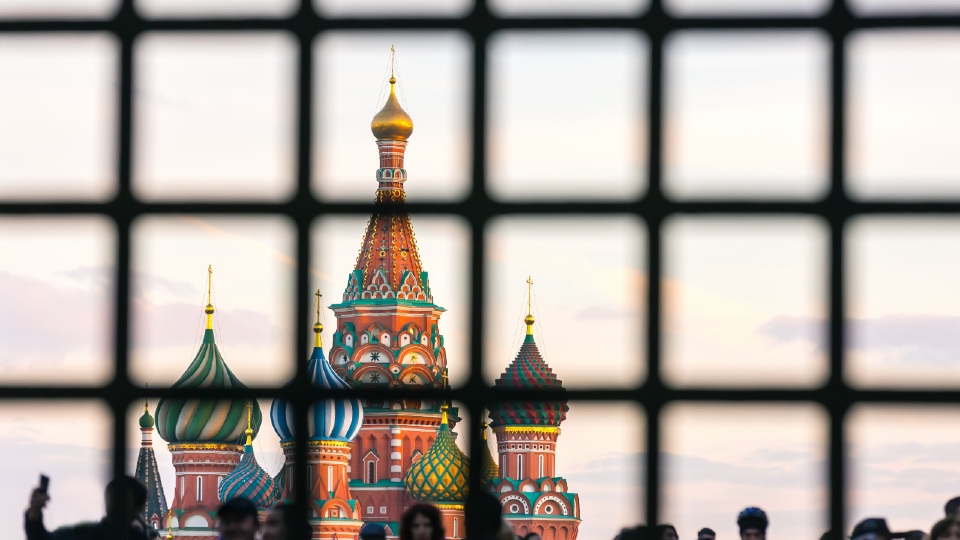As Russia’s leader, Putin has consistently demonstrated this characteristic, while western countries have consistently failed to realise its significance and respond appropriately. Their failure to impose heavy sanctions on Russia until its invasion of Ukraine last month encouraged Putin to believe that his aggression would meet with little resistance.
Since taking power in 2000, Putin has established an authoritarian regime by repression and illegality. Elections turned into a sham as opposition parties and candidates were prevented from standing and the results were falsified. The fabricated votes of non-existent voters were awarded to Putin and his party. The independence of the mass media was ended.
The oligarchs Boris Berezovsky and Vladimir Gusinsky were driven into exile because their media empires had influence over public opinion and were critical of Putin. Their television channels, Gusinsky’s NTV and Berezovsky’s ORT, had helped Boris Yeltsin to win the presidential election of 1996.
Gusinsky’s Media-Most media group was taken over by Gazprom, the state-owned gas company. Berezovsky was forced to sell his shareholding in ORT to Roman Abramovich. ORT has since also become widely seen as a propaganda organ. The third independent television station, TV-6, was forced into liquidation. Consequently, all the national television channels were in Putin’s hands or under his sway.
In 2003, Putin turned on Yukos, the largest oil company in Russia, and its chairman Mikhail Khodorkovsky. Khodorkovsky’s sins were that he financed parties other than Putin’s in Russia’s parliamentary elections and was critical of the regime’s corruption.
Putin’s regime prosecuted Khodorkovsky on trumped-up charges of embezzlement and tax evasion, confiscated his company and transferred most of it to a state-owned oil company, Rosneft. Khodorkovsky spent more than ten years in prison.
Putin was so vicious that he had Khodorkovsky prosecuted on further charges in 2010, when he was still in prison. The charges were so patently false that the chairman of the Moscow Bar Association called them a “disgrace to justice”.
Aleksandr Litvinenko, the former security service officer whom Putin had himself fired and who had fled to Britain in 2000, was murdered with a radioactive poison, polonium, in London in 2006. The British tribunal which investigated his murder concluded that Putin had ordered it. Berezovsky died in mysterious circumstances in Ascot in 2013, perhaps by suicide, perhaps strangled by an assassin.
Since about the same time, neighbouring states have accused Russia of attacking them and their people. An attempt was made in September 2004 to kill Viktor Yushchenko, the pro-western candidate for the Ukrainian presidency, using the poison dioxin.
In April 2007, hackers directed by the Kremlin launched a massive cyber-attack on the websites of banks and public institutions in Estonia. The Estonian government was so alarmed that Nato had to consider whether such a cyber-attack triggered Article 5 of the Nato treaty.
In 2008 Putin waged an illegal war – his troops invaded Georgia and occupied its territory. Putin later recognised the breakaway regions of South Ossetia and Abkhazia as independent states.
Turning point
From 2008 to 2012, Putin served as prime minister rather than president because the Russian constitution limited the president to two four-year terms. Instead, his political ally Dmitri Medvedev served a term as president before allowing Putin to run again for the top job.
On his return to the presidency in 2012, Putin commenced a war on the west which he has steadily escalated...
Dr Paul Maddrell, a Lecturer in International History and International Relations at Loughborough University, discusses Putin's "dangerously aggressive and risky rule" in The Conversation.
Read the full article here.

